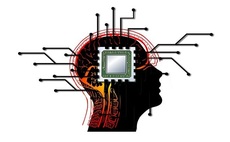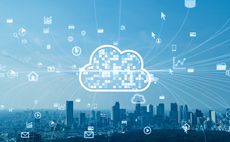Disruption caused by taxi firm shows how smart tech can be a political hot potato
The "political dimension" of the Internet of Things (IoT) is now becoming apparent as city authorities and citizens are forced to wake up to the social changes connected technology brings. That'...
To continue reading this article...
Join Computing
- Unlimited access to real-time news, analysis and opinion from the technology industry
- Receive important and breaking news in our daily newsletter
- Be the first to hear about our events and awards programmes
- Join live member only interviews with IT leaders at the ‘IT Lounge’; your chance to ask your burning tech questions and have them answered
- Access to the Computing Delta hub providing market intelligence and research
- Receive our members-only newsletter with exclusive opinion pieces from senior IT Leaders






















